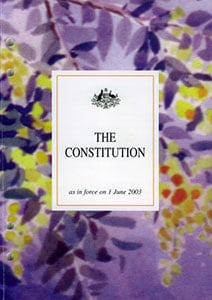
The Handbook for Constitutional Decisions in the Federal Government
Constitutional decisions may be a matter of opinion but it is not rocket science. Congress makes many decisions on a daily basis but whether they are in agreement with the Constitution one only needs to look at the purpose of the decisions being made. We are a country of laws and these laws must be or should be in agreement with the Constitution.
The federal government is comprised of three branches the executive, legislative and judicial branches. Each of these entities makes decisions based on their authority as defined in the Constitution on the issues before them. The actions of each of these branches must or should be analyzed with regards to the content of our Constitution but often the decisions made are based on political philosophy not the Constitution. There are times when these actions are challenged in our judicial system but the decisions by various courts appear to violate not only the language of the Constitution but the intent.
Each branch of the federal government is equal but each of them must be held accountable for their decisions. Often there is a battle between Congress and the Executive Branch some are resolved through decisions made by the Supreme Court but that does not mean that the decisions made adhere to the Constitution. In addition sometimes laws passed by Congress are appealed through lower courts by state governments or organizations. In either case if a law appears to be in violation of the Constitution with respect to authority granted to Congress or impacts our rights it needs to be challenged.
 Cart
Cart  Checkout
Checkout